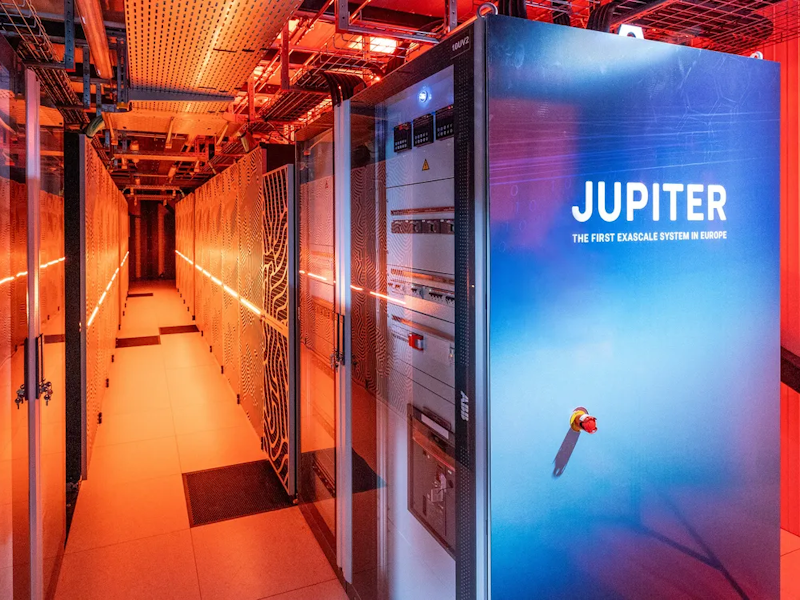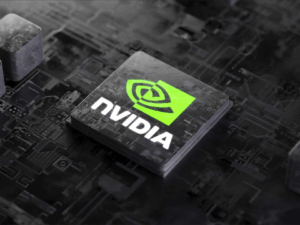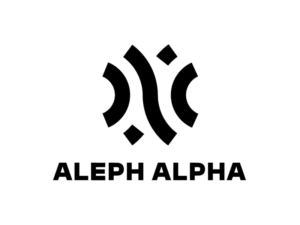TL;DR
- Germany launches Europe’s fastest supercomputer, Jupiter, to boost AI capabilities
- Jupiter is ranked as the fourth-fastest supercomputer in the world
- The supercomputer is powered by Nvidia chips and is located at the Juelich research center in western Germany
Germany has officially launched Europe’s fastest supercomputer, Jupiter, in a bid to boost its Artificial Intelligence (AI) capabilities and catch up with the United States and China in the AI race. According to DW News, the Jupiter supercomputer is ranked as the fourth-fastest supercomputer in the world and is powered by Nvidia chips.
The launch of Jupiter marks a significant milestone for Germany and Europe in the field of supercomputing. As Nature reports, Jupiter is the first European supercomputer to reach the exascale threshold, performing at least one billion billion calculations per second. This makes it an essential tool for various fields, including AI research, climate modeling, and materials science.
The Jupiter supercomputer is located at the Juelich research center in western Germany and is the result of a collaboration between the European Union, Germany, and French IT firm Atos. As Euractiv notes, the supercomputer is designed to support AI model training, climate forecasting, and other research applications.
Technical Specifications and Capabilities
Jupiter’s technical specifications and capabilities make it an attractive tool for researchers and scientists. With its Nvidia-powered architecture, the supercomputer can perform complex calculations and simulations, making it ideal for AI and machine learning applications. According to NVIDIA’s blog, Jupiter is capable of performing one quintillion calculations per second, making it one of the fastest supercomputers in the world. Its computing power is equivalent to the power of around 10 million standard notebook computers.
Impact and Implications
The launch of Jupiter has significant implications for Germany and Europe’s AI research and development.
As stated by Reuters, Germany’s Chancellor Friedrich Merz believes that Jupiter will help Europe catch up with the United States and China in the field of artificial intelligence. With its advanced capabilities, Jupiter is expected to enable European researchers and companies to develop more sophisticated AI models, which will have a significant impact on various industries, including healthcare, finance, and transportation.
In addition to its potential impact on artificial intelligence, Jupiter will also be used for various other applications, including climate research, neuroscience, and materials science. As mentioned in TechXplore, researchers will use Jupiter to create more detailed climate forecasts, simulate the behavior of individual neurons, and develop new materials with unique properties.
Conclusion
In conclusion, the launch of Jupiter marks a significant milestone for Germany and Europe in the field of supercomputing. With its Nvidia-powered architecture and exascale capabilities, the supercomputer is poised to support various research applications, including AI, climate modeling, and materials science. As the AI landscape continues to evolve, the importance of supercomputing capabilities like Jupiter will only continue to grow.
References
[^1]: Ina Fassbender (2025-09-05). “Germany’s ‘Jupiter’ supercomputer a European accomplishment“. DW News. Retrieved 2025-09-10.
[^2]: Jonathan O’Callaghan (2025-09-12). “Meet Europe’s first exascale supercomputer — can it compete in the global AI race?“. Nature. Retrieved 2025-09-10.
[^3]: Maximilian Henning (2025-09-05). “Europe’s most powerful supercomputer comes on-stream in Germany“. Euractiv. Retrieved 2025-09-10.
[^4]: Jai Hamid (2025-09-06). “Germany launches Europe’s first exascale AI supercomputer“. CryptoPolitan. Retrieved 2025-09-10.



